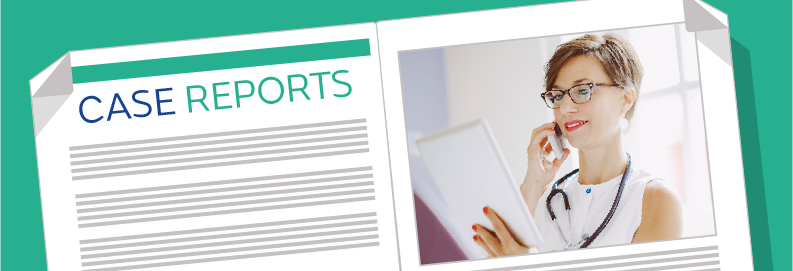Dealing with a complaint
Post date: 26/01/2018 | Time to read article: 2 minsThe information within this article was correct at the time of publishing. Last updated 27/03/2019
As a GP we know you’re facing constant pressure, with greater patient demands, increased regulatory control and the ever-looming risk of a complaint being made against you if something goes wrong. This is why we work hard to try and limit the stress that members face and support them wherever we can.
Your Medical Protection membership gives you access to a wide range of help should you need it, which includes advice about how to handle patient complaints, along with support for GMC inquiries, inquests and disciplinary proceedings. Although there are no plans to include this level of support in the new state-backed indemnity scheme, we will continue to offer this as a benefit of membership.
Even though they are an unavoidable part of general practice, there is no doubt that receiving a complaint is cause for concern and dealing with it can be daunting. Everybody makes mistakes, but how you deal with patient dissatisfaction is what really makes a difference, and we can help guide you through the process.
A survey of over 2,000 British adults - commissioned last year by Medical Protection - found that three of the top five reasons for making a complaint about a GP related to poor communication and behaviour, with the top driver for a GP complaint (32 per cent) being manner and attitude. The second most common reason (20 per cent) was due to misdiagnosis, and this was followed by unmet expectations (18 per cent), a breakdown in communication (16 per cent) and a poor outcome following treatment (13 per cent).
So what should I do if I receive a complaint?
In the first instance, you should contact the Medical Protection medicolegal advice line on 0800 561 9090.
Medical Protection has experienced complaints advisors who are here to assist members through to the conclusion of a complaint. We can help members in understanding the complaints process, offer advice on drafting a response to the complainant, help determine how best to approach meetings with complainants and how to deal with the Ombudsman.
Although we treat each request for help with a complaint individually, our general advice includes:
- appointing a complaints manager and responsible person within the practice
- negotiating with the patient (at the planning stage) as to the timescale to be put in place to respond
- seeking appropriate consent from the patient if they have not made the complaint themselves
- ensuring that the practice cooperates with ‘multi-agency complaints’ – for example, where there is a practice and an out of hours provider and/or a Trust involved in a complaint
- contacting locums or doctors who have left the practice to inform them of the complaint and seek their comments
- informing the patient of their right to advocacy
- telling patients of their right of redress through the Ombudsman
Sometimes, in addition to the original complaint, a complaint is also made to the GMC. In the event that you receive correspondence from the GMC indicating that they intend to investigate a complaint against you, you should contact us in the first instance as we can provide you with advice, support and representation through the GMC proceedings.
And, because we understand that dealing with a serious complaint can lead to feelings of stress and anxiety, members can also access an independent and confidential counselling service. This is delivered by qualified and registered psychologists and counsellors, and is provided as a benefit of membership.
In addition to the support we offer members during the complaints process, we also provide a range of resources to help you avoid future issues – including risk management and complaints training workshops, e-learning and publications.
Finally, once the complaint has been investigated, we can help you reflect on the events and demonstrate within your response that lessons have been learnt where appropriate.
For more examples of how you can benefit from your membership, read our two new case studies on the GP indemnity hub.







